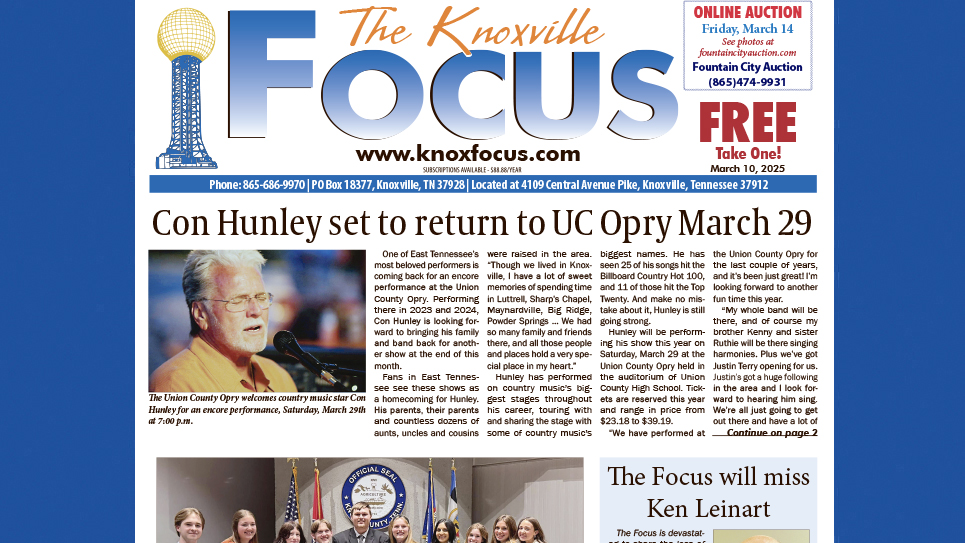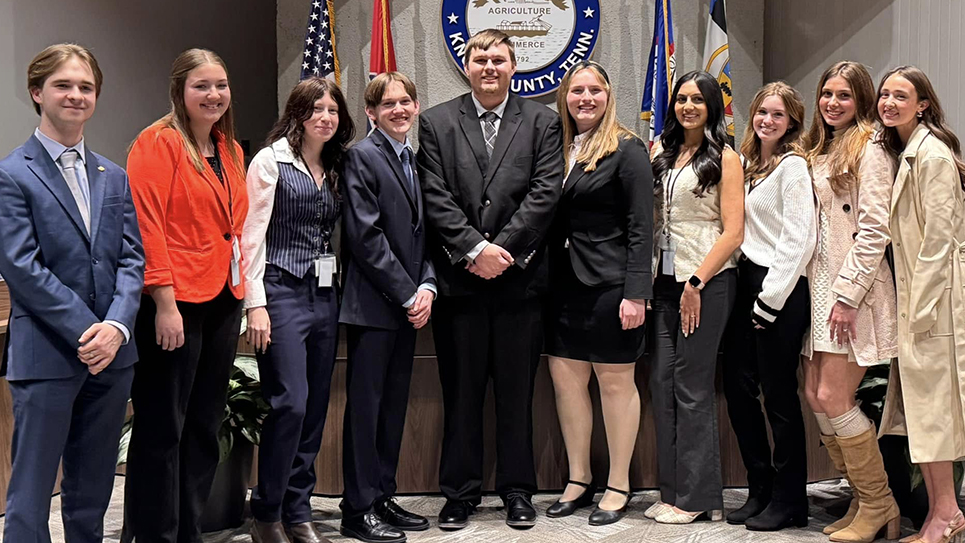By Dr. Jim Ferguson
What constitutes a life?
Arguably, some aspects are more important than others, and lately I’ve been considering the complexity beyond just structural aspects. “We are fearfully and wonderfully made,” but so is the house finch sitting at my bird feeder.
The world is filled with living organisms of wondrous diversity and complexity. Furthermore, I believe that there is life beyond earth in the vastness of the Universe, but at this time only our “third rock from the sun” is known to have living things. My science fiction novel, “Epiphany,” explored the spiritual consequences of encountering thoughtful alien life. (I hope to have the second book in the planned trilogy published this year.)
It was my turn to choose the work for my egg-head book club, so I chose Annie Dillard’s Pulitzer Prize winning book “Pilgrim at Tinker Creek.” It is a modern day equivalent of Thoreau’s nineteenth century reflections at Walden Pond, but with better prose. I’ve read a half dozen books more than once and this will be my third reading of Dillard’s “Life in the Woods” experience. Sharing a favorite book, movie, sunset, etc. with others brings joy. We’ll see what the physicist, doctor, lawyer, psychologist and judge think of Tinker Creek because tastes differ. If a friend offered to share the “best brussel sprouts in the world” with me, I’m afraid I would not experience her joy.
Hierarchy is the ranked order of things. We place ourselves at the pinnacle of creation because we think and reason, and because God said we are created in His image. “Snakes and snails and puppy dog tails” are of lesser orders in this hierarchy, but remain complex organisms.
All living organisms possess organs (or organelles) comprised of organized tissue made of molecules built with atoms. In a thought experiment the ancient Greek, Democritus, reasoned there was a fundamental building block of all matter. The word for cut in Greek is “tom” and by adding the prefix “a” he conceived of a fundamental particle and gave us the word atom – cannot be cut.
I was taught this hierarchy of creation, including the notion of electrons spinning around a nucleus like miniature planets circling the sun. We now know this is wrong or at best an incomplete picture because electrons may be waves or particles and the nucleus is comprised of protons and neutrons which are composed of more fundamental parcels called quarks which come in six types called “flavors” – and it may go on infinitum.
Seventeenth century philosopher Rene Descartes once demanded observational certainty of things, but finally concluded “cogito ergo sum, I think therefore I am.” Pragmatically, John Locke later settled on the reasonable certainty or probability of things. And shortly thereafter David Humes, the Scottish skeptic, felt he couldn’t be sure of anything. So, even our senses and thoughts/reason are but approximations of reality. Yes, we see further than others because we have stood “on the shoulders of Giants” (Isaac Newton). In other words, we have the knowledge of the past and the present, but we see dimly into the future (1 Corinthians 13:12). Beware of soothsayers, especially those who label themselves climate scientists or Professors.
Recently, I was challenged by the statements of a Professor of Religious Studies who found analogies between Christians who support President Trump and German Christians who supported Hitler. Ordinarily, I would give no credence to such a ridiculous comparison, but for too long we have not challenged such premises. I did and we must.
There are magic words in our politically correct world. Examples are the N word, another is Hitler. Apparently, the professor does not understand this fundamental concept of modernity. Perhaps he was just virtue-signaling with his thinly veiled denigration of Christians who support President Trump. I don’t know about this professor’s spiritual journey, but I want to make the point that religious studies examines the phenomena of religious practices rather than one’s spirituality. Furthermore, academic titles do not guarantee common sense or enlightenment.
Perhaps it’s my Scottish ancestry, but I’ve become a skeptic like David Humes. I am skeptical of those who label themselves experts and claim an intellectual or spiritual higher ground or project greater sensitivity than mere mortals like me. I am a devout Christian and will not accept a hierarchical demotion because I am a conservative supporter of the President. I did not vote for Trump because of his religion or spirituality. Nor did I oppose Obama because of his attendance in the infamous Reverend Wright’s church for twenty years. I support the separation of church and state, and oppose theocracies like Iran. I voted for the brash businessman from the Bronx rather than fellow Methodist Hilliary Clinton. I voted for someone outside the elite Washington club of ensconced bureaucrats, self- described intellectuals and party apparatchiks.
Perhaps it is easier for me to oppose the Professor’s premise. Though I am not a scholar or a university don, I have benefitted from a free country and taken advantage of educational opportunities. And I was endowed with foundational principles and a modicum of common sense, something that has been lost in the mire of modern politics. The Professor is said to be a Bonhoeffer scholar, but I too have read and studied Bonhoeffer’s “The Cost of Discipleship,” William Shirer’s “The Rise and Fall of the Third Reich” as well as Conrad Black’s “Donald Trump – A President Like No Other.” I was respectful, but minced no words in pushing back against the professor’s faux morality.
America is in a fight for its life. When Democrat Senators and Congressmen, Presidential contenders, media and leftists like Michael Moore and Rose McGowan side with Iranian mullahs, you know that losing is not an option.
Abraham Lincoln once said, America is “the last best hope of earth.” Eighteenth century elitistists labeled the post Revolutionary War Thirteen Colonies as the “American experiment.” We have survived as “the city on the hill,” but we will finally fail if leftists are allowed to turn our country into Venezuela.
Edmund Burke once said, “All that is necessary for evil to triumph is for good men to do nothing.” I will not stand down, and I urge you to engage. “Make America Great Again!”






